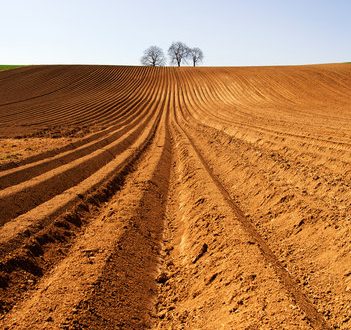THE 5W’s 1H QUESTIONS OF SOIL TESTING
Soil Test Analysis: This is the foundation of sustainable crop production. It informs the crop management and nutrition adjustments that a farmer need to do to his soil before the planting season. This helps the farmer practice precision agriculture which reduces cost of production. Soil testing analysis covers macro, micro element analysis and pathological analysis (Soil borne diseases)
What? Soil testing is simply the analysis done to the soil before any planting season to determine the plant nutrient concentration and any soil borne diseases present in that soil. It also helps you know the pH of your soil.
Why? It is done majorly to determine the adjustments that need to be made to the soil to achieve optimum productivity (since it helps improve the nutritional balance of the plant being grown). It is important in determining fertilizer management program or recommendation for a given planting season. The main advantage of soil testing is that it helps in reducing the cost of production by reducing the cost of purchasing pesticides, fertilizer, & fungicides hence increasing revenue generated (Since it also helps you produce high quality crops which fetch more at the market).
Soils are where food begins. Healthy soils are the foundation of our food systems, Food and nutrition security.
When? It is important to carry out a soil test analysis before you begin any agricultural activity on your farm. Similarly, it is recommended to carry out a soil analysis once a year to keep your soil fertility in check. Though in case of any problems or detection of any greatly affected crop it is important to first contact an agronomist and later conduct analysis to determine the cause.
Where? Soil testing analysis is recommended that should ONLY be done by certified laboratories. Though there are simple soil testing gadgets that can be used by most people to test limited components like Soil Temperature, moisture.
Who? It is advised that a soil sample should be collected by a professional like an agronomist, though once you have been trained how to collect a soil sample, as a farmer you can collect your sample and take it to a certified laboratory for analysis.
How? Using a clean shovel and bucket:
- Collect samples (15 cm dip) from different points of the farm in a W or zigzag manner as shown in the figure below
- Put the soil collected from every point in the bucket and mix thoroughly
- Fill the sample bag with only half a Kg of the soil from the bucket
- Label the sample accordingly with the name of farm, sample depth, date and desired crop to be planted
- Take the sample to the lab soon after collecting it
NOTE:
- You can test your soil against a given desired crops you may want to grow.
- A Basic or Complete soil test analysis only requires half a kg of soil from your farm
- There are only tests to determine suitability of your water for irrigation
- The maximum acreage that can be represented by one sample depends on the topography and any soil variations and should not exceed 20 ha.
- Avoid taking samples in areas with fertilizer spill, where livestock are kept, poorly drained areas, deep furrows or anthills
- Areas with different soil type, colour, drainage or slope must be sampled differently

